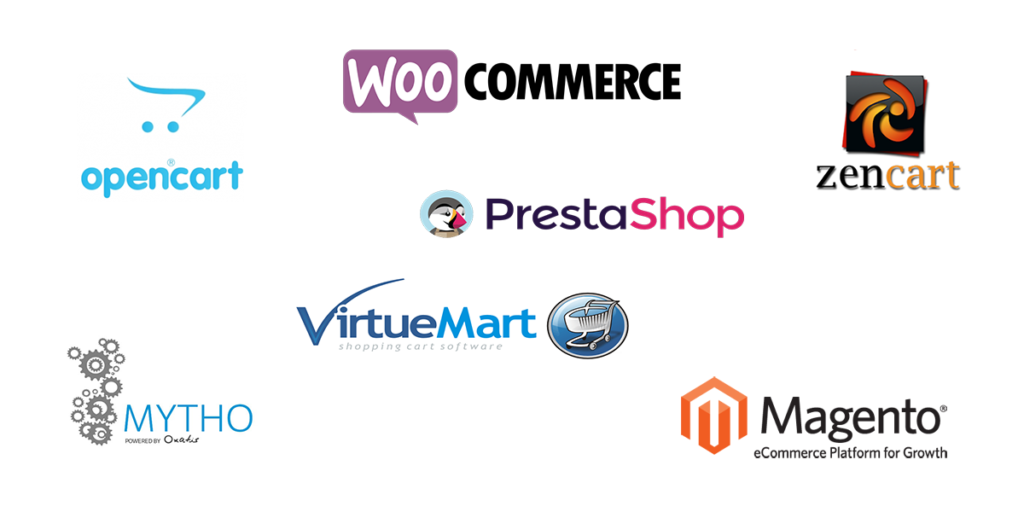As a business owner or marketer, you are already aware that your company needs a good CMS (content management system) to improve efficiency and performance in today’s digital world. Content is important in the business world, and the ability to accommodate more ambitious digital experiences is a vital component of a CMS worth an investment.
The switch into a fast digital business process means that your organization needs to adopt master content management with CMS software to remain agile, utilize technology and deliver amazing customer experiences. That said, here is a simple approach to selecting a good CMS platform for your company.
Embrace internal support and input
A CMS adoption is a significant investment in your company that affects many aspects and workflows in the organization. Therefore, you need to involve the key stakeholders. For starters, you can gather a diverse CMS selection department and welcome contrasting perspectives. Expect the markering department to be eager to kickstart content production as the IT teams perform methodical risk litigation. Most importantly, ensure everyone understands why the CMS is necessary for the company’s short and long-term success.
Analyze your current and future business needs
You must establish how you will use your new CMS to compare different solutions and pick the exemplary CMS hosting service. Some questions you can evaluate include:
- Do you intend to drive significant growth in terms of website traffic?
- Will your current technology dependencies remain or evolve with your new CMS?
- Will the CMS work with the company’s existing tech stack?
- How many channels do you intend to publish your content?
- Will the CMS be relevant in the next few years?
Put together a list of requirements and research.
With your shortlist in hand, it becomes easy to research to identify a CMS that aligns with your business goals. Check out potential CMS software and evaluate its strengths and weaknesses. It is also valuable to consult the actual users of a CMS you consider to know what to expect. Ensure the organization is similar to yours in size and workflows to get valuable insight into how the solution might work for you.
Get an implementation partner
It is best to get an implementation partner if you have a small-scaled company without a large in-house development team. You can also engage a digital strategy agency to help you out, and that will ensure you choose a CMS that fits your business and aligns with your future goals.
Write a request for a proposal.
You may not understand the full features of a CMS and how it will work for your company which is where a request for proposal comes in. Prospective vendors get an opportunity to demonstrate that they understand your business needs and can deliver the CMS you need.
Evaluate vendor responses
The last step is to evaluate vendor responses. Take your time to rate how different CMS solutions can meet your technical and functional business needs. You should also consider the amount of support the vendor is willing to offer to make the solution flexible and practical for your needs. Most importantly, take your time.

